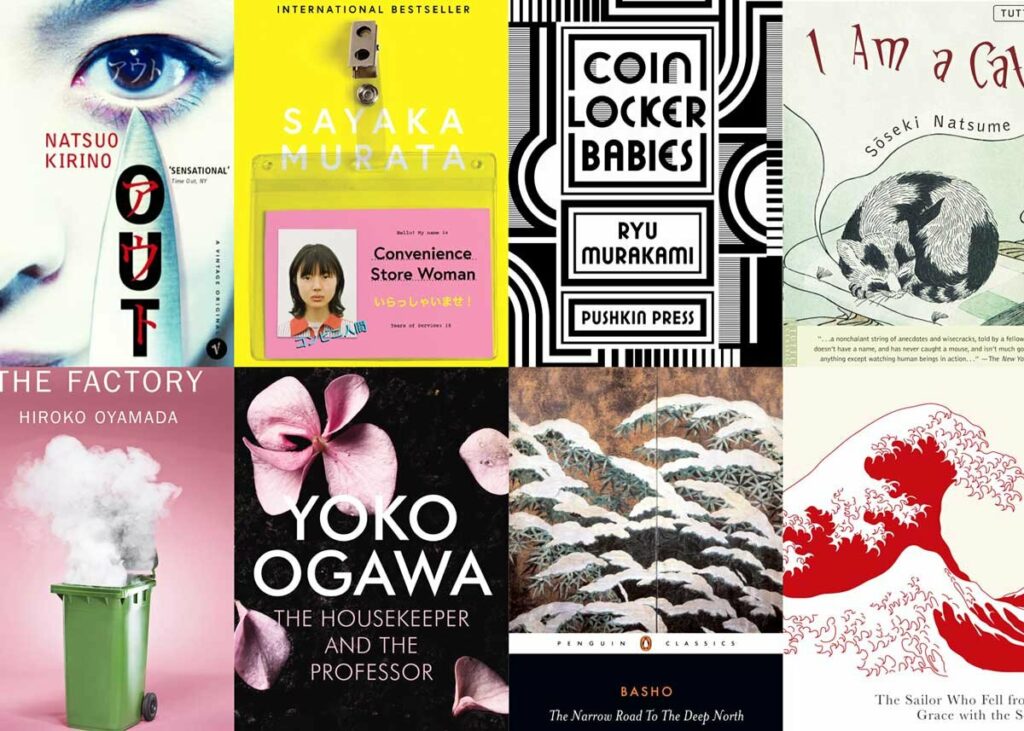Japan boasts the exceptional status of being the birthplace of the world’s first-ever novel, as well as the home to three Nobel laureates in literature. The incredible breadth and depth of Japanese literary works encompass everything from traditional Edo poets to modern writers and even manga creators. Delving into Japanese literature means immersing oneself in a captivating tapestry of human emotions and experiences.
Fortunately, the efforts of dedicated translators and publishers have made Japanese literature more accessible to English-speaking audiences than ever before. For those eager to explore the rich world of Japanese literature and culture, indulging in Japanese audiobooks is an excellent starting point. To guide you on this literary journey, we’ve curated a list of renowned Japanese authors and their notable works, which have shaped and defined Japanese literature. Spanning various genres and epochs, these authors have produced a diverse and captivating body of work.
Kobo Abe: A Master of Bizarre Allegories
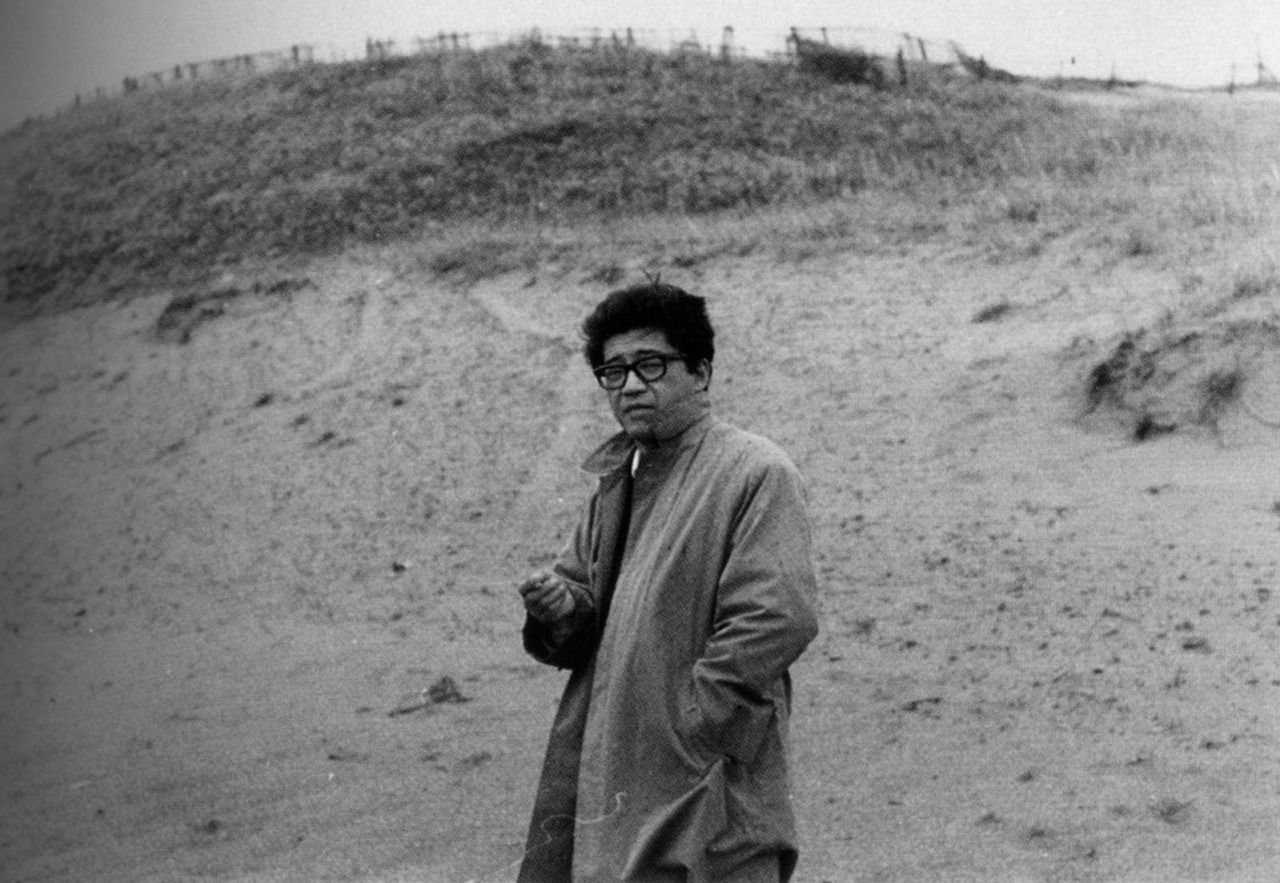
Kobo Abe, also known as Kimifusa Abe, was born in Manchuria and later relocated to Japan during World War II. His passion for literature ignited during his elementary school years when he avidly devoured works by European literary giants such as Franz Kafka, Fyodor Dostoyevski, and Edgar Allen Poe. As he matured, he began emulating his childhood heroes.
Abe achieved tremendous success with his masterpiece, “The Woman in the Dunes,” a tale of isolation that ingeniously employs bizarre allegories to illuminate the trials and tribulations of the human condition. Another notable work, “The Face of Another,” follows a Vanilla Sky-esque narrative in which the protagonist loses his face and embarks on a mission to create the perfect mask, reconnecting with the world in the process.
Haruki Murakami: A Literary Luminary
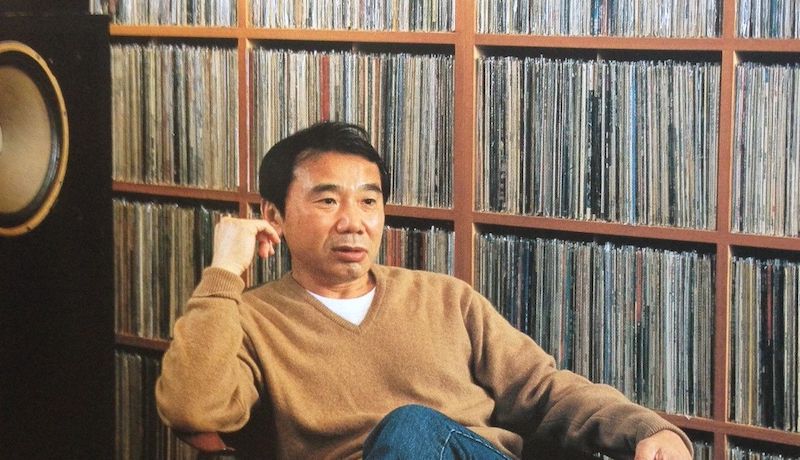
Undoubtedly, Haruki Murakami is one of the most widely recognized Japanese authors among English-speaking readers. With over 20 novels, nonfiction titles, and short story collections under his belt, Murakami has left an indelible mark on the literary landscape. Born in Kyoto in 1949, Murakami’s literary journey commenced in 1979, the same year he had an epiphany while watching a sports event at Jingu Stadium: “I believe I can write a novel.”
His career has been decorated with prestigious accolades both in Japan and internationally, including the coveted Jerusalem Prize. Murakami’s works have been translated into more than 50 languages, captivating a truly global audience. This music enthusiast, who owned a jazz bar with his wife, immerses himself in the mesmerizing melodies of jazz while crafting his literary creations.
Kanae Minato: The Queen of Dark Mysteries

Regarded as one of the most renowned Japanese authors in the mystery and crime genres, Kanae Minato has earned the title of “queen of ‘eww’ novels.” Born in 1979, Minato embarked on her writing journey in her thirties, and her debut novel, “Confessions,” skyrocketed to success. While she has written 14 novels to date, only two have been translated into English and made available to American readers: “Confessions” and “Penance.” “Confessions” received the Alex Award and was nominated for the Shirley Jackson Award, while “Penance” was adapted into a Japanese film that has gained international recognition.
Yukio Mishima: A Literary Firebrand
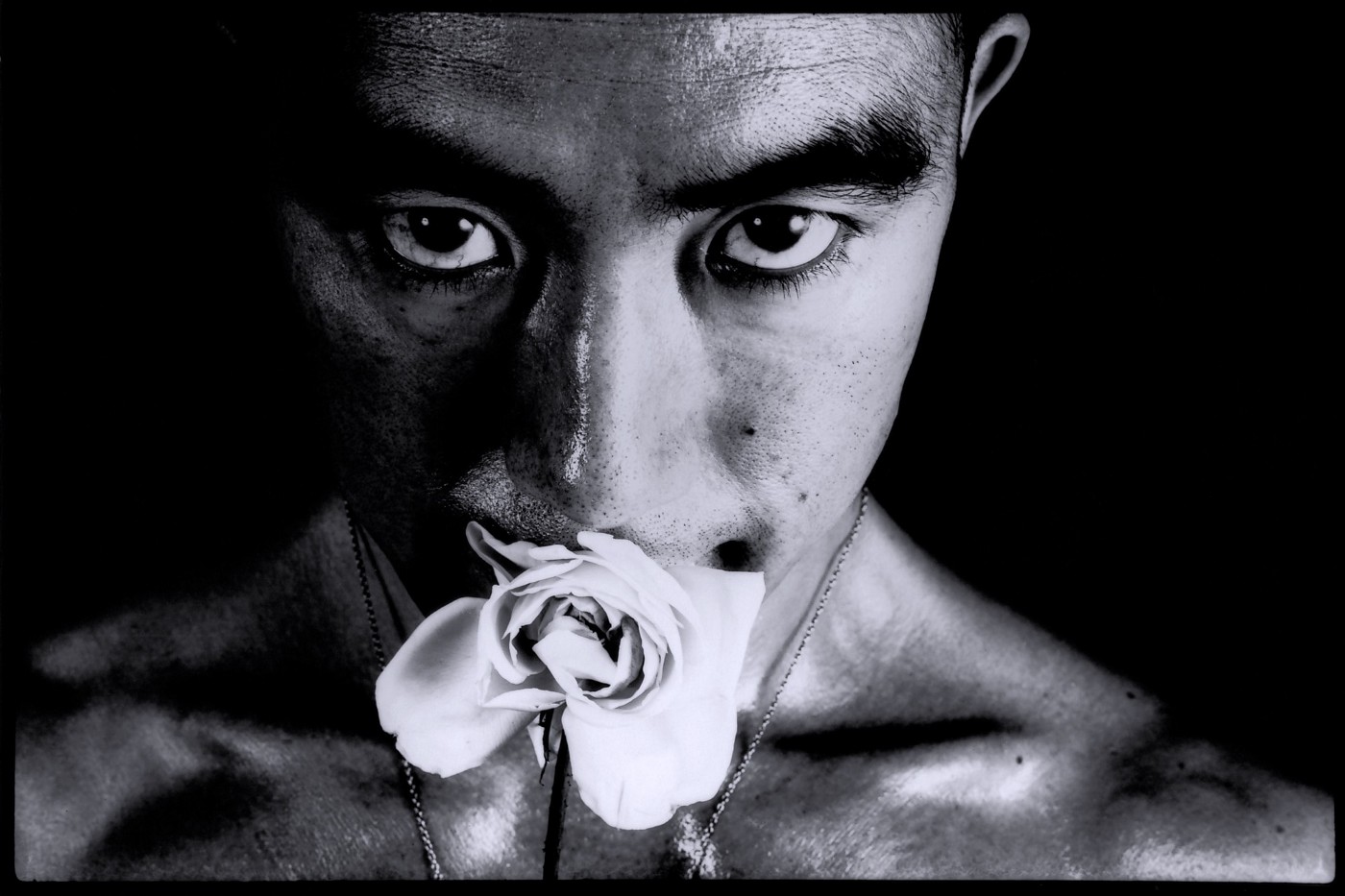
Engaging with Yukio Mishima’s literary universe can be an exhilarating challenge. Mishima, a larger-than-life figure, was not only an acclaimed writer but also an unyielding far-right political activist who ardently advocated for Japan’s return to its militaristic past. His conviction was so resolute that he attempted to overthrow the government—an audacious endeavor that ended tragically in his own demise. Throughout his lifetime, Mishima produced numerous stories, each serving as a metaphorical expression of his viewpoints on postwar Japan. Some even evolved into manifestos for change, aiming to redefine the essence of modern Japanese society.
Mishima’s thought-provoking masterpiece, “The Sailor Who Fell from Grace With The Sea,” encapsulates his ideology. This short novel follows a young man who bears witness to his mother’s passionate love affair with a sailor. Initially inspired by the sailor’s rugged and self-reliant masculinity, the protagonist’s admiration gradually transforms into hatred as the sailor forsakes the sea for a life of love and tranquility. The potent metaphor employed here offers a clear reflection of Mishima’s radical mindset.
Ryunosuke Akutagawa: A Maestro of Short Stories
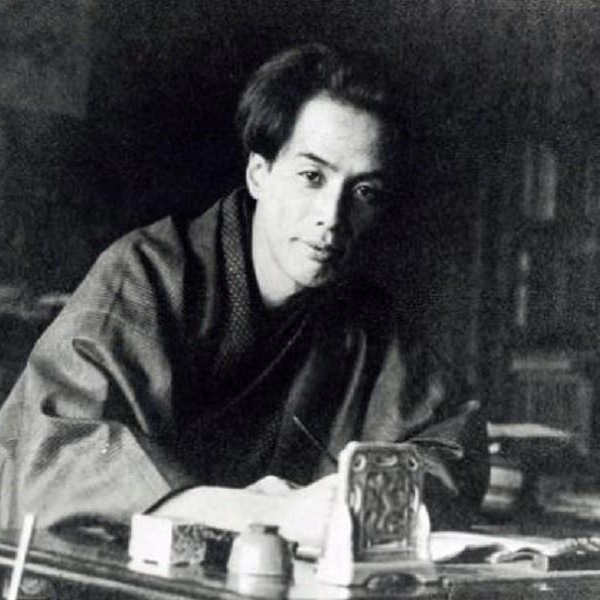
Ryunosuke Akutagawa, widely regarded as the pioneer of modern Japanese short stories, was named after Japan’s most prestigious literary award. However, despite his immense talent, Akutagawa grappled with mental health challenges throughout his life, ultimately succumbing to suicide.
His most notable works, “Rashomon” and “In a Grove,” showcase his mastery of storytelling. “Rashomon” narrates the tale of a servant seeking refuge from a storm beneath Kyoto’s Rashomon Gate, torn between the choice of starving or fighting for survival.
Yoko Ogawa: Genre Mastery at Its Finest
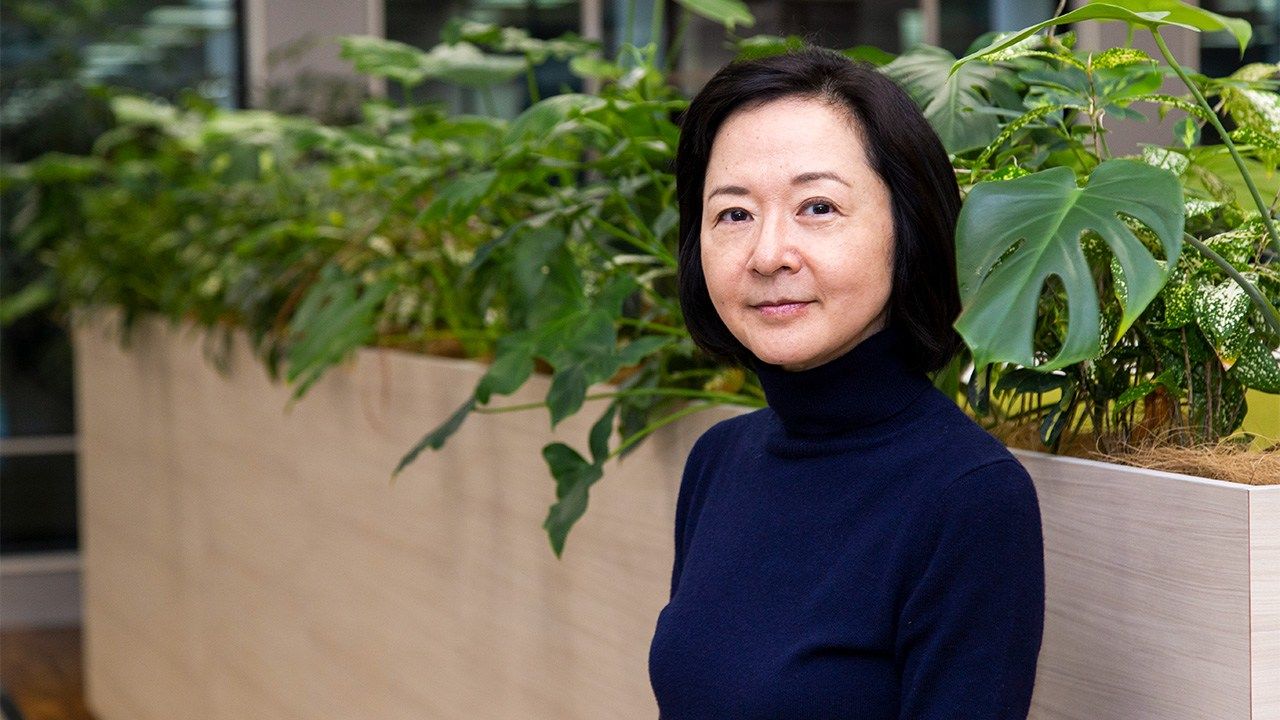
Yoko Ogawa, acclaimed as one of the most influential and diverse Japanese authors of our time, astounds readers with her versatility. Each of her books represents a distinct genre, spanning dystopian fiction, relationship dramas, and chilling gothic horror. In every instance, she masterfully asserts her command over the genre, captivating her audience. Ogawa has received numerous accolades, including the prestigious Akutagawa Prize and the Shirley Jackson Award.
“The Housekeeper and the Professor,” one of her most celebrated works in English translation, unfolds from the perspective of a housekeeper and single parent hired to care for an elderly mathematics professor. Through their interactions, Ogawa expertly showcases the enchantment of mathematics, even as the professor becomes increasingly detached from reality. Another notable work, “The Memory Police,” published in 1994 but strikingly relevant in today’s political climate, presents a chilling dystopian tale. On an island where objects and memories vanish inexplicably, Ogawa explores the repercussions for those who refuse to forget and the harrowing consequences they face at the hands of the titular Memory Police. This thought-provoking novel stands as a testament to Ogawa’s remarkable talent in crafting a terrifying yet poignant narrative.
Hiromi Kawakami: Illuminating the Ordinary
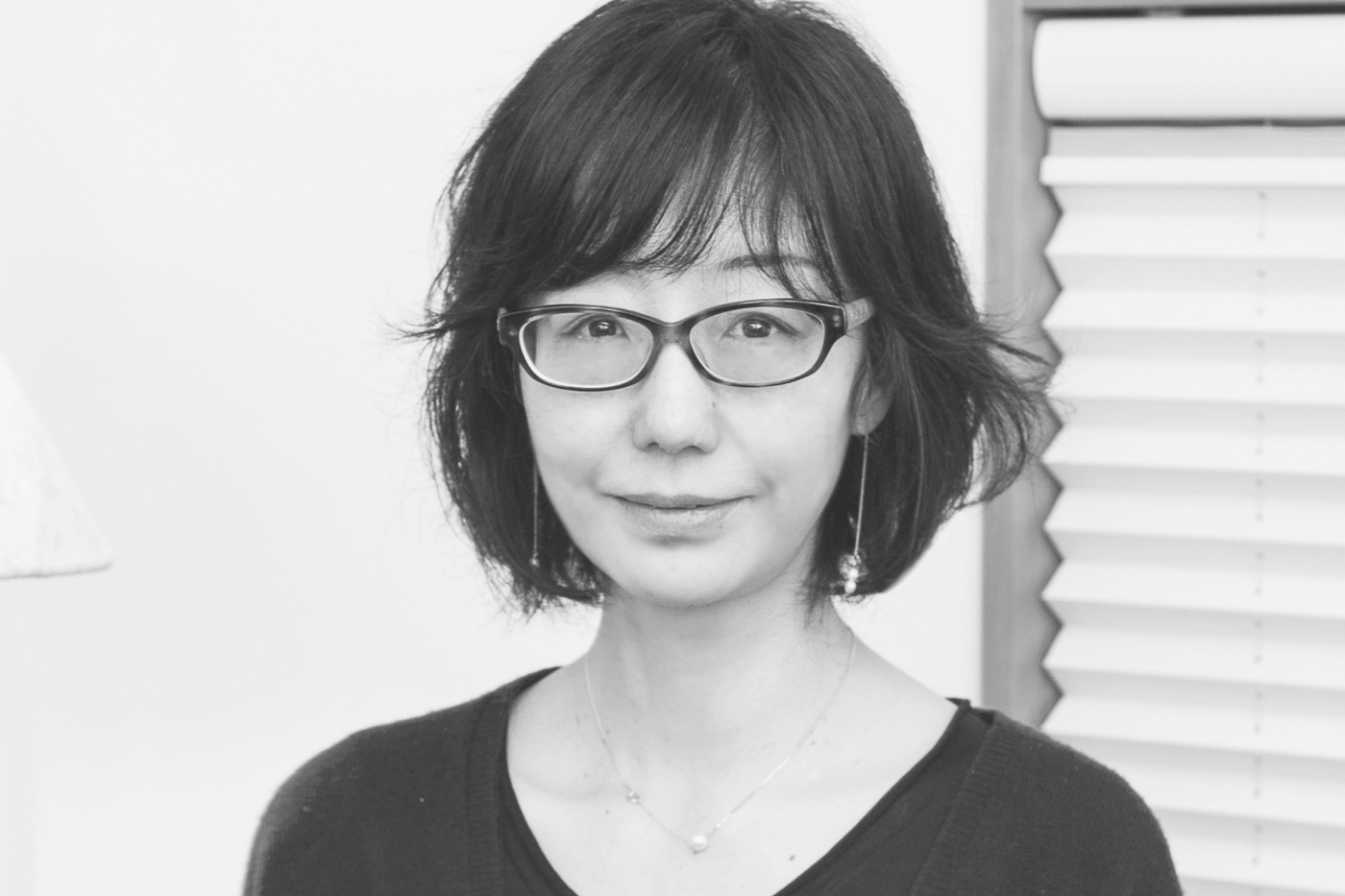
Hiromi Kawakami, a truly exceptional contemporary Japanese author, possesses a profound understanding of the inherent connections between ordinary people. Whether exploring professional, romantic, platonic, or familial relationships, Kawakami’s narratives are fueled by the power of love and friendship. It is through these intricate bonds that she weaves some of the most captivating stories ever told.
“Strange Weather in Tokyo,” Kawakami’s most renowned novel in translation, unfurls a mesmerizing romance between a Tokyo salarywoman and her former teacher. Within this tender love story lies a profound exploration of post-war and pre-war Japan, seeking understanding and coexistence.
In her most recent English publication, “The Ten Loves of Nishino,” Kawakami employs a unique and experimental structure. Ten distinct stories told from the perspectives of ten different women provide a vivid portrait of Nishino, a character we never encounter through his own eyes. Through the varied experiences of these ten women, we come to know Nishino again and again.
Embark on a Journey through Japanese Literature
And there you have it—a list of seven extraordinary Japanese authors who deserve to be part of your literary repertoire. We hope this article has piqued your interest and kindled a desire to explore the works of these remarkable writers. Let their stories transport you across time, immerse you in diverse genres, and fill your heart with a range of emotions. Happy reading!

